Outturn cost
The term ‘outturn’ or ‘out-turn’ refers to an amount achieved in a certain time, for example, an actual amount produced, or actual sales made. This is in contrast with the amount that might have been predicted or estimated. It is thought to be derived from, or related to, the term ‘turn out’.
The ‘outturn cost’ or ‘out-turn cost’ of a project is its actual construction cost. Generally this refers to the actual, total construction cost calculated at the end of the project, but it may also refer to the cost of a specific contract, or to costs incurred over a defined period. This contrasts with cost estimates, or target costs, which are calculations of the cost that is expected, or the cost that should be achieved.
This meaning of outturn cost is slightly confused by the use of terms such as ‘forecast outturn cost’, ‘estimated outturn cost’ or ‘target outturn cost’ which refer to the cost that is anticipated or should be achieved at the end of the project.
According to the Royal Institution of Chartered Surveyors (RICS), these outturn cost comprises: fixed costs, variable costs, variations, fluctuations and risk allowances.
- Fixed costs are costs that have been pre-calculated and agreed to be paid.
- Variable costs include; provisional sums, provisional quantities, prime cost sums and daywork allowances.
- Variations are alterations in the form of additions, substitutions or omissions from the original scope of works.
- Fluctuations are a way of dealing with inflation on large projects that may last for several years. The contractor is asked to tender based on current prices (prices at an agreed base date) and they are then reimbursed for price changes to specified items over the duration of the project (a fluctuating price).
- Risk allowances are financial allowances for works or services that are unknown in terms of quantity and specification, and are the client’s risk.
Cost prediction, Professional Statement, 1st edition, published in November 2020 by the Royal Institution of Chartered Surveyors (RICS), defines out-turn cost (‘final account’, ‘actual cost’ or ‘cost outcome’) as: ‘The known cost at the end of a project. Generally, it refers to the actual, total construction cost calculated at the end of the project, which includes the effects of any changes made to the design and the impact of any disruption. It may also refer to the costs incurred over a defined period, such as in life cycle cost.’
See also: Final account.
[edit] Related articles on Designing Buildings
- Balance sheet.
- Bill of quantities BOQ.
- Budget.
- Capital costs for construction projects.
- Construction costs.
- Contract conditions.
- Contract sum.
- Cost plans for construction projects.
- Cost reporting.
- Cost Value Reconciliations (CVR).
- Disallowed cost.
- Discounted cash flow.
- Elemental cost plan for design and construction.
- Final account.
- Prime cost sum.
- Quantity surveyor.
- Sunk cost.
- Types of cost.
[edit] External references
Featured articles and news
Wellbeing in Buildings TG 10/2025
BSRIA topic guide updates.
With brief background and WELL v2™.
From studies, to books to a new project, with founder Emma Walshaw.
Types of drawings for building design
Still one of the most popular articles the A-Z of drawings.
Who, or What Does the Building Safety Act Apply To?
From compliance to competence in brief.
The remarkable story of a Highland architect.
Commissioning Responsibilities Framework BG 88/2025
BSRIA guidance on establishing clear roles and responsibilities for commissioning tasks.
An architectural movement to love or hate.
Don’t take British stone for granted
It won’t survive on supplying the heritage sector alone.
The Constructing Excellence Value Toolkit
Driving value-based decision making in construction.
Meet CIOB event in Northern Ireland
Inspiring the next generation of construction talent.
Reasons for using MVHR systems
6 reasons for a whole-house approach to ventilation.
Supplementary Planning Documents, a reminder
As used by the City of London to introduce a Retrofit first policy.
The what, how, why and when of deposit return schemes
Circular economy steps for plastic bottles and cans in England and Northern Ireland draws.
Join forces and share Building Safety knowledge in 2025
Why and how to contribute to the Building Safety Wiki.
Reporting on Payment Practices and Performance Regs
Approved amendment coming into effect 1 March 2025.








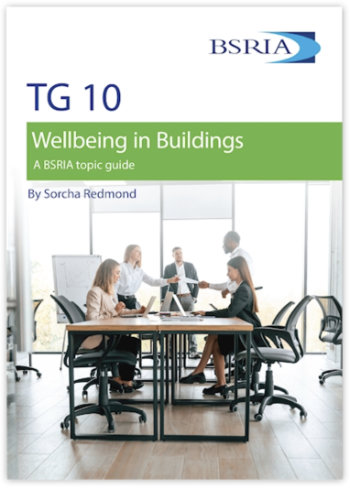

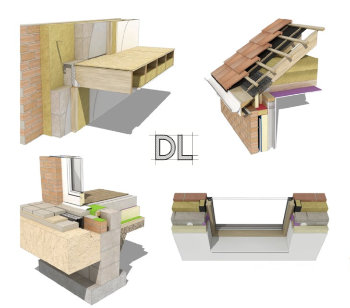

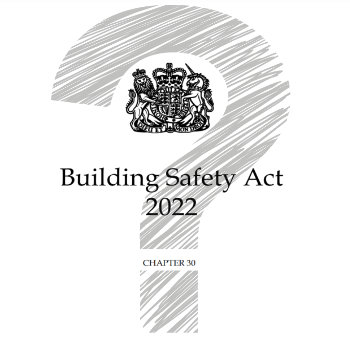

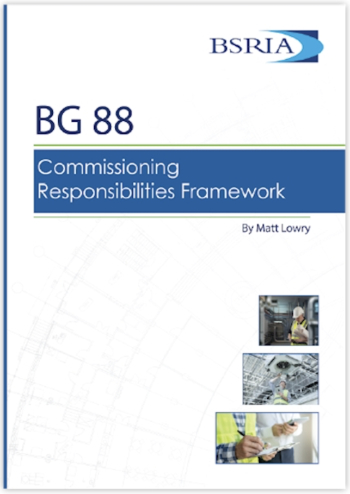

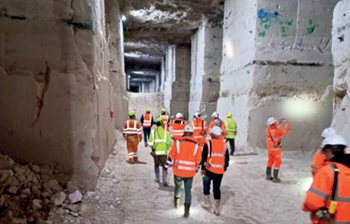



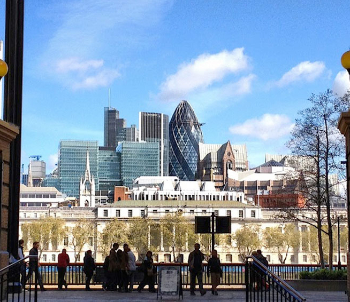



Comments
[edit] To make a comment about this article, or to suggest changes, click 'Add a comment' above. Separate your comments from any existing comments by inserting a horizontal line.